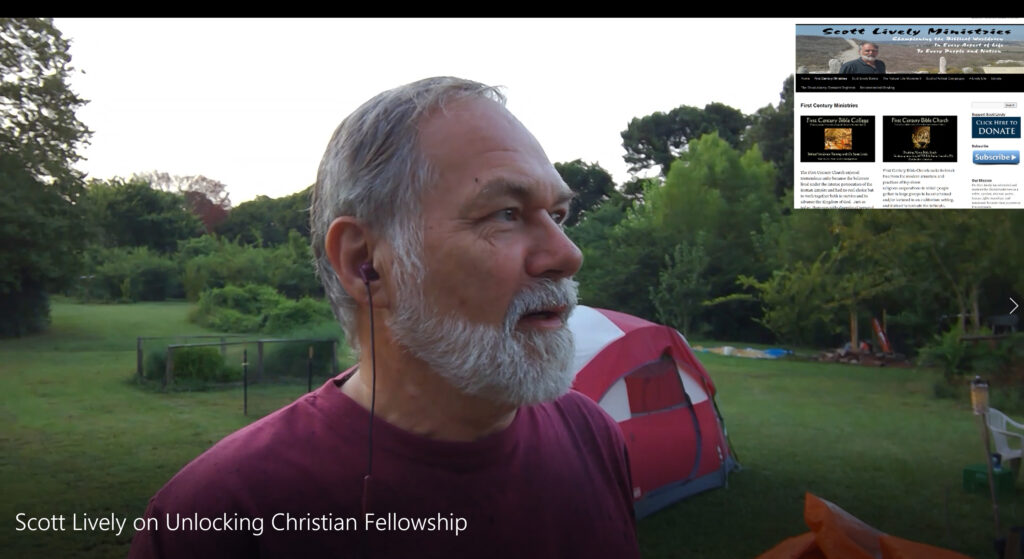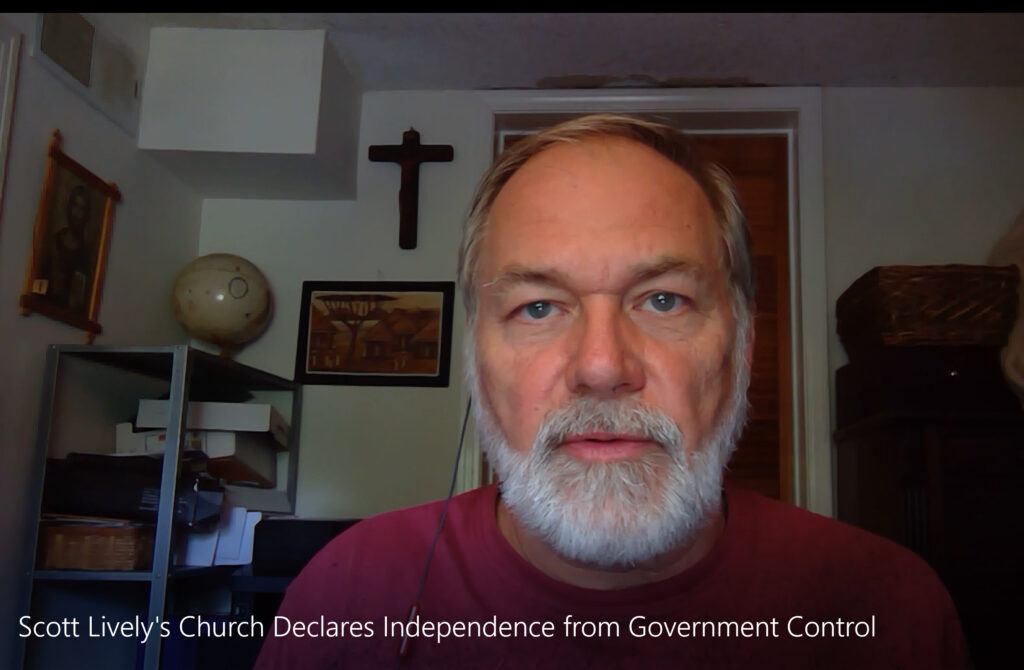
I’m ready to start building a congregation for First Century Bible Church and I do not recognize the authority of secular government to dictate any aspect of our doctrine or practice. As a Christian attorney and pastor I know and follow the law above the law, and claim the right of church sovereignty implicit in the original meaning of the separation of church and state, which is by no means a one way street controlled by the state.
Government does not recognize the tax-exemption of the church out of a sense of benevolent indulgence but because it has no power to tax a separate and equal sovereign.
In this sense, the church has greater autonomy relative to the federal and state governments than the state governments have relative to the federal government. The “supremacy clause” of Article 6 of the US Constitution subjects the states to federal law where the two conflict on a matter within federal jurisdiction.
In contrast, the First Amendment defines church sovereignty thusly: “Congress [the only legitimate legislative body] shall make no law respecting an establishment of religion or prohibiting the free exercise thereof.” That is an absolute prohibition on government interference with the church which pre-dates the Marbury v Madison power grab of the Supreme Court, under which subsequent judicial activism purported to regulate the church.
While other churches and congregations might have acquiesced to the court’s illegitimate authority, I am not bound by their decisions, having newly established my own church totally independent of them. I have not registered First Century Bible Church with the government and have no intention to do so.
As an Ambassador of the Church of Jesus Christ I do not recognize the authority of the Supreme Court — an arm of the state — to legislate from the bench on church/state matters. It retains authority to regulate the state in church/state matters, but not the church.
Clearly, the church has a Biblical duty to cooperate in church/state matters, and even more, to actively steward the secular society! But not as a inferior entity to the state. In the “coadjuvancy” of church and state envisioned by the founders, meaning the cooperation of separate sovereigns, the legal relationship of the two is the jurisprudential equivalent to an international treaty. More specifically, since it involves close interaction within the same geographic territory, the relationship is akin to that which exists between Native American tribes and the federal government, but the rights of the church are stronger than those of Indian tribes, because they come from God, not from established human customs about territorial possessions.
I have founded First Century Bible Church upon this premise, invoking the theological authority established by the Apostle Paul in his epistles and earthly ministry, and the political/legal authority recognized (not granted) by the First Amendment, which pre-existed the American colonies, as admitted by the Declaration of Independence. My claims are further bolstered by the first principle of the Magna Carta of 1215 (the foundation of modern human rights jurisprudence), to wit: “The English church shall be free.”
Today, following the prompting of the Holy Spirit, I am issuing an invitation to Bible-believing Christians everywhere to join First Century Bible Church by self-declaration of intention and agreement with what I consider the “essentials of the faith” as I currently understand and have articulated them here.
And I am today beginning the active work to establish both a local congregation for in-person fellowship, and a distant congregation around the world for Internet and or multi-media fellowship via the Internet and other means of connecting.




